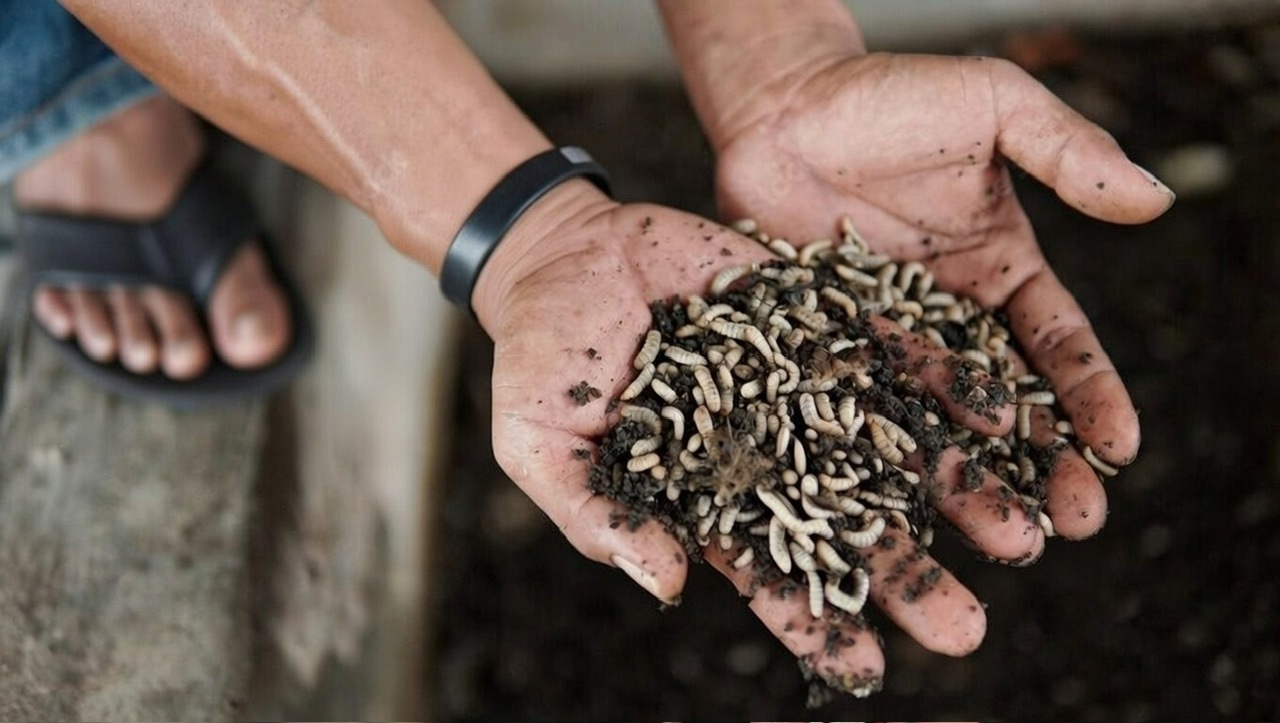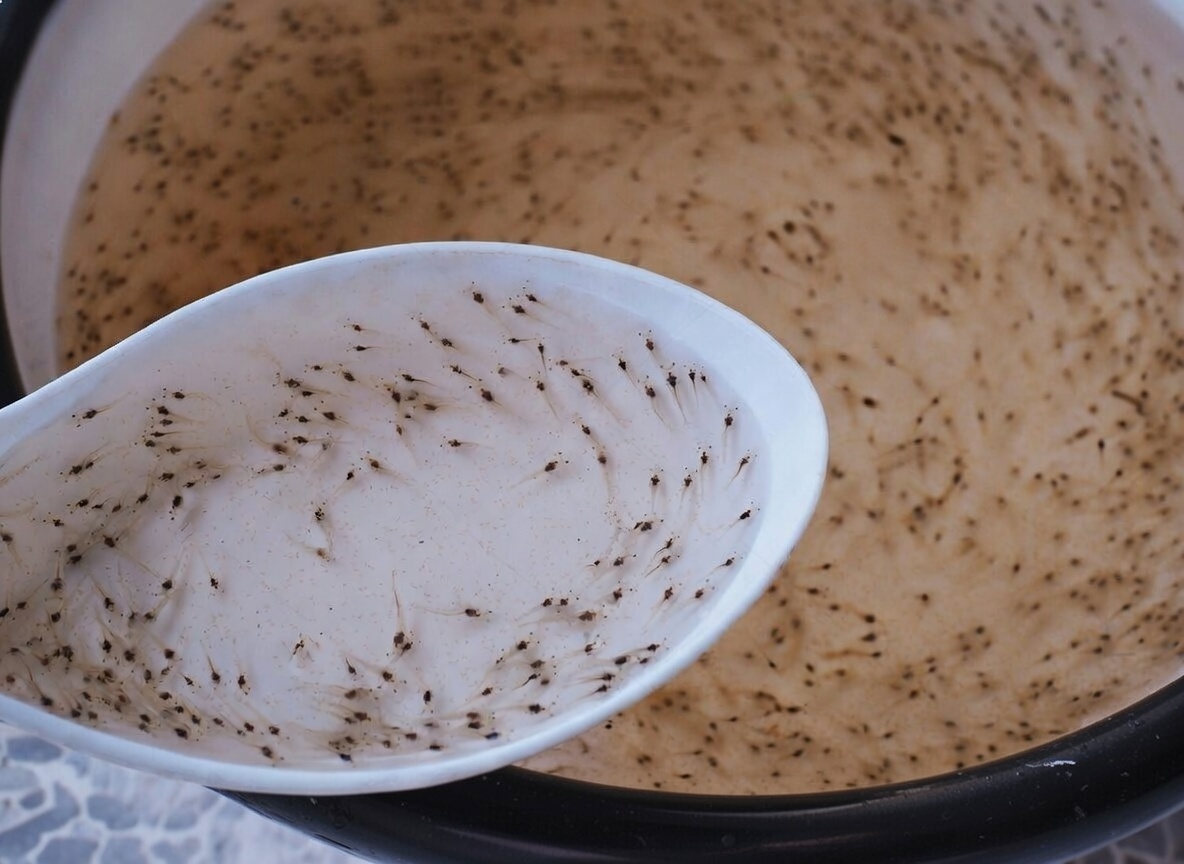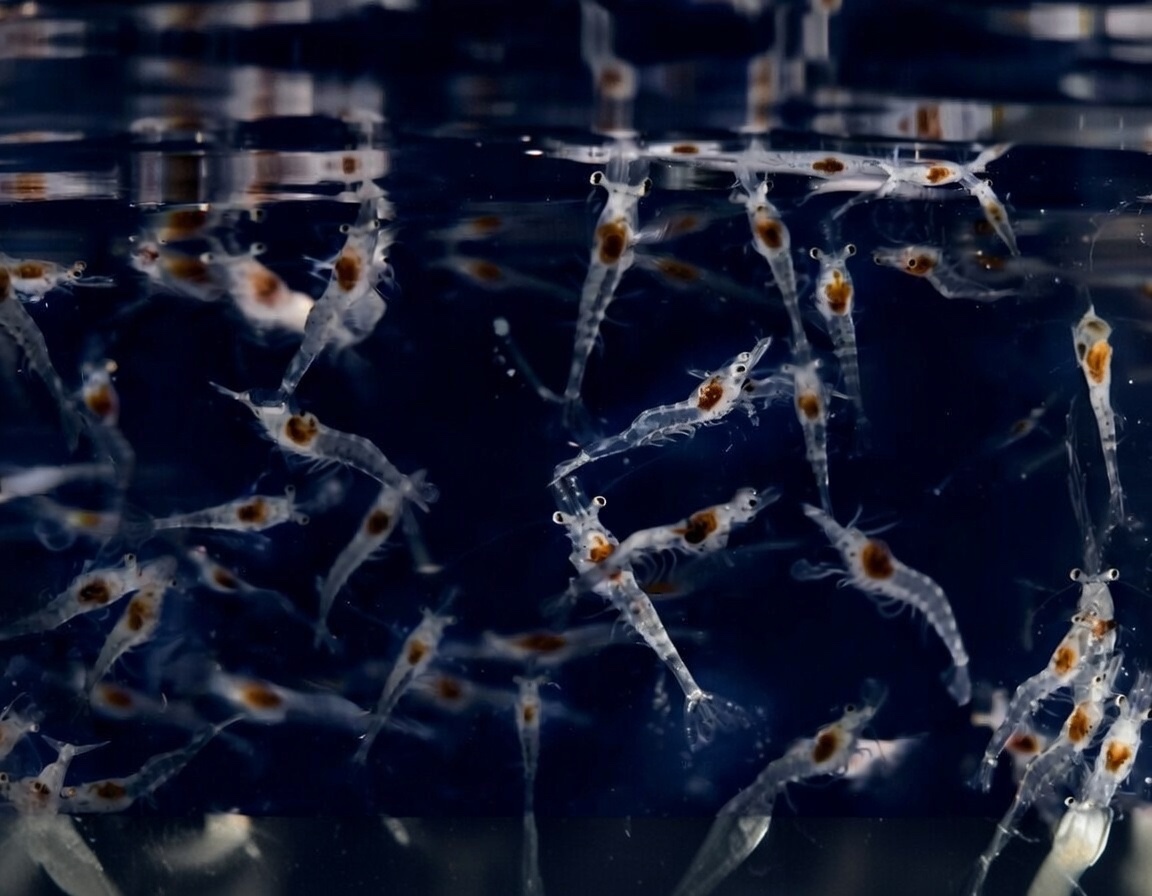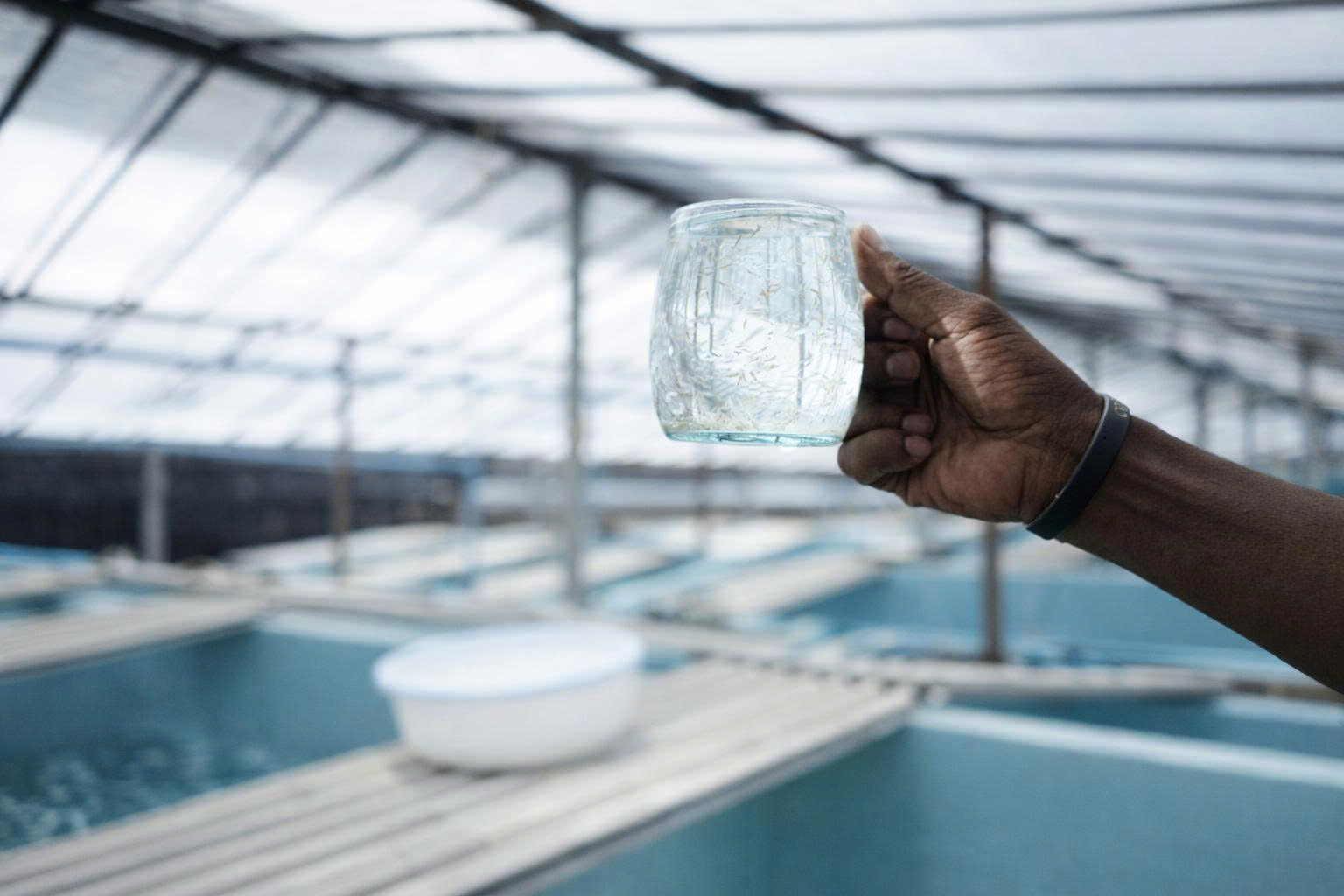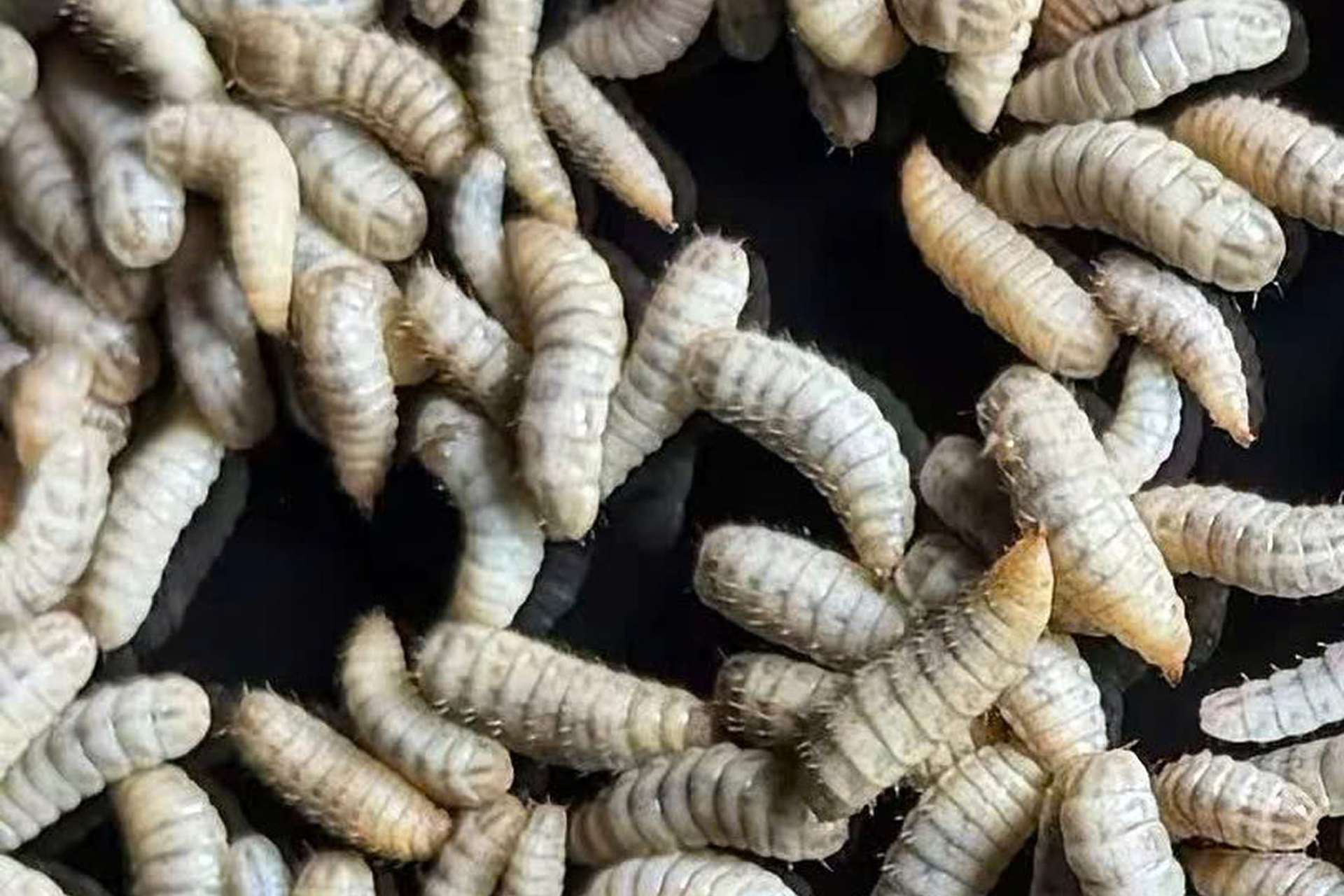INNO #AX – Sustainable by Design
Sustainability in hatchery nutrition is no longer a trend. It is a strategic necessity for long-term resource security, environmental responsibility and stable production.
INNO #AX is built on a circular, insect-based nutrition system that is fundamentally more sustainable than dependence on wild-harvested live feeds.
Instead of extracting biomass from fragile natural ecosystems, insects convert low-value organic side streams into high-value protein and lipids in fully controlled production systems. This shifts early-life nutrition from wild resource dependency to industrial, biosecure and scalable production.
________________________________________
Artemia and Sustainability – The Structural Limitation
Artemia is not inherently unsustainable, and its harvest can be regulated. However, it remains completely dependent on hypersaline lake ecosystems and natural climate cycles.
This makes artemia structurally exposed to environmental fluctuation, geographic limitation and long-term supply volatility.
Even under responsible management, it is a resource tied to sensitive ecosystems and seasonal variability.
INNO #AX removes this dependency by replacing wild harvest with controlled biological production.
________________________________________
Why Insect-Based Nutrition is Structurally Sustainable
Insects are natural converters of organic side streams into high-value nutrients.
They require little land, limited freshwater and no competition with human food crops, while delivering highly efficient protein and lipid production.
Circular production means nutrients are recycled instead of extracted.
Biomass flows in a managed loop rather than being removed from vulnerable natural systems.
Full system control means environmental impact can be measured, optimized and secured.
Inputs, rearing conditions, hygiene, energy use and outputs are all traceable and managed.
________________________________________
Sustainability Built into INNO #AX Production
INNO #AX is produced under strict environmental and quality standards.
Raw materials, processing, hygiene, energy use and waste streams are tightly controlled so that resources are used efficiently, nutrient losses are minimized, organic discharge is reduced and biosecurity remains high.
Gently processed insect ingredients, protected nutrients and stable micro-particles ensure that what is produced is actually utilized by the animal – not lost to the environment.
________________________________________
Sustainability That Supports Performance
True sustainability must not compromise biology.
INNO #AX delivers strong growth and high survival while reducing pressure on natural resources.
It combines circular raw materials, controlled production and high nutrient efficiency to create a nutrition platform that is environmentally responsible, operationally stable and biologically powerful.
________________________________________
INNO #AX – Sustainable by Design.
Circular nutrition. Controlled production. Future-proof growth for shrimp and fish hatcheries.

